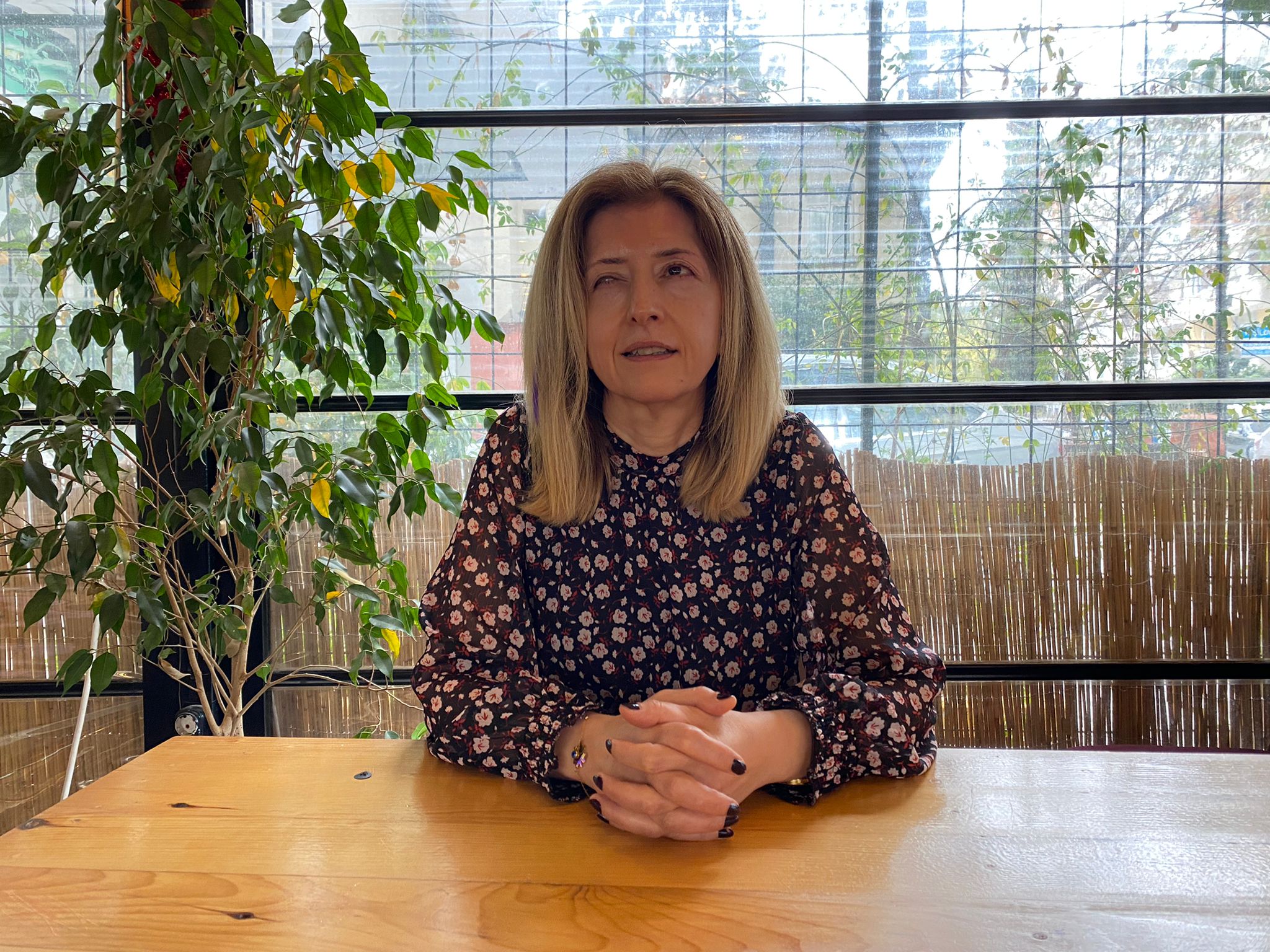Interview: “Services and institutions that cover women with disabilities are essential to prevent violence against them”
Date:

It is estimated that one in every five women globally lives with a disability. The likelihood of disabled women experiencing violence is at least two to three times higher than that of non-disabled women. In addition to gender-based violence, disabled women and girls also face challenges such as stigmatization, sexual abuse, neglect, mistreatment, and exploitation. We discussed the necessary actions for ending violence against women with disabilities and the importance of implementing laws and preventive measures for people with disabilities before the natural disasters with lawyer Özlem Kara from the Association of Women with Disabilities.
What are the challenges in preventing violence against women and girls with disabilities? What are your solutions to these challenges?
Women with disabilities may experience disability-specific difficulties in accessing prevention mechanisms. In order to overcome this situation, it is important that informative tools are produced and disseminated in a way to cover various disabled groups. Emergency hotlines should be planned based on the needs of different disability groups. For example, video calls can be provided for deaf women. In addition, alternative communication methods should be developed for women with difficulties in expression and these lines should be adapted for women with disabilities.
On the other hand, physical accessibility is an important step in addressing violence. Women with disabilities may experience difficulties in accessing prevention centers, making it difficult to protect women who have been subjected to violence. In addition, the professionals working in the centers must have disability awareness to provide support appropriate to the needs of women survivors. When women with disabilities are informed about and have access to prevention mechanisms, they emerge from this process empowered.
What other factors are important in combating violence against women with disabilities?
Women with disabilities require more than protective measures to escape violence. It is essential to provide economic support and create employment opportunities for women to have independent lives. The needs of women with disabilities should be taken into account in holistic policies.
Ensuring the active participation of women with disabilities in decision-making processes related to preventing violence is essential. These mechanisms should be planned taking into account the needs of women with disabilities and they should be actively involved in the process.
Moreover, addressing violence against women and girls with disabilities requires the elimination of biases and stereotypes associated with both gender and disability.
Could you tell us about the importance of law enforcement in combating violence against women and girls with disabilities?
Article six of the United Nations Convention on the Rights of Persons with Disabilities includes a special provision for women and girls with disabilities. Since women and girls with disabilities are subjected to intersectional discrimination and are therefore at higher risk of being subjected to violence and abuse, States Parties are obliged to make special arrangements and take measures in this regard. The realization of the convention, to which Turkey is a party, and ensuring its actual implementation is of great importance for preventing violence against women and girls with disabilities.
Furthermore, ensuring the effective implementation of Law No. 6284 and preventive and protective mechanisms is of particular significance in protecting women and girls with disabilities from violence.
We witnessed that the earthquakes on February 6, 2023, deeply affected not only women and children but also individuals with disabilities. What preventive measures and policies are needed specifically for disabled women and children?
The absence of comprehensive policies for natural disasters and similar crises, and the failure to establish plans that specifically address the needs of people with disabilities, especially disabled women and children, result in a distinct impact on the disabled community during natural disasters.
There is a need to increase awareness among relief personnel and emergency support staff regarding the diverse needs of individuals with different requirements. Basic human rights should not be violated and respecting the privacy of people with disabilities is crucial. There is a necessity to consider and distribute resources equitably according to their diverse needs.
The Association of Women with Disabilities, a partner civil society organization of UN Women, is undertaking a research to assess the current situation of women with disabilities in education, employment, health, violence, social participation, and access to services emphasizing rights violations and gender perspectives. The research is being carried out within the scope of the “Strong Civic Space for Gender Equality” project implemented by UN Women with the financial support of the European Union.